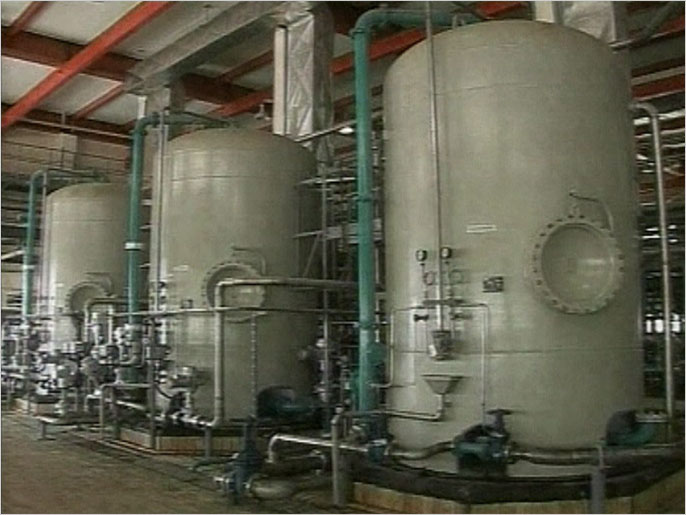In the world of international relations, the phrase "all options are on the table" carries a special meaning, as it means the possibility of the use of military force, and is often used by heads of state when they want to deliver a strong message to their opponents in the most diplomatic way.
Daniel Deptris - a political analyst specializing in the field of defense and a columnist for the American magazine Newsweek - believes in an article in the magazine that there is no country on the surface of the earth to which this phrase has been directed more than Iran, which is usually addressed by this warning by heads of states. United.
Deptrice notes that US President Joe Biden's announcement this week that the US "is prepared to use all elements of its national power to ensure that Iran does not obtain a nuclear weapon" was the latest in a long line of similar statements by US presidents since the era of former President George HW Bush. .
He also points out that it is very difficult to distinguish between the speeches of the last four US presidents addressed to Tehran. Former Presidents Barack Obama and Donald Trump - for example - differ in everything except for one part of foreign policy, which is the willingness of the United States to go to war with Iran To prevent it from becoming a nuclear power, but does Tehran seek to build a nuclear weapon?
US intelligence opinion
The writer says that many in the West see this question as ridiculous, and assume that Tehran has already decided to militarize its nuclear activity when the time comes, and they see that there are no other reasons for that to push Iranian scientists to enrich uranium by 60%, which is a technical step close to the one that enables access to fuel used to make nuclear weapons.
They also wonder why the Iranians would have dug an entirely new series of tunnels deep in a mountain south of the main enrichment site at Natanz, if not for the purpose of making a nuclear weapon, and about any other explanation for Iran's continued obstruction of IAEA investigations.
Despite all of the above - and the writer's words - the US intelligence has not yet reached a definitive conclusion about whether Iran wants to build a nuclear bomb or not.
Speaking at a Wall Street Journal conference last December, CIA Director William Burns said that his agency "sees no evidence that Iran's Supreme Leader (Ali Khamenei) has made a decision to switch." to make a (nuclear) weapon."
The Office of the Director of National Intelligence also issued a report on the assessment of threats to the United States published in March of this year, and included what reinforces the analysis that Burns went to, as his authors said, "We continue to assess that Iran is not currently engaged in essential weapons development activities. nuclear weapons that we believe would be necessary to produce a nuclear weapon."
The author concludes that although these assessments may change with the change of the strategic situation, we must take into account all the other reasons why resorting to building a nuclear bomb is a bad political choice for Iran.

